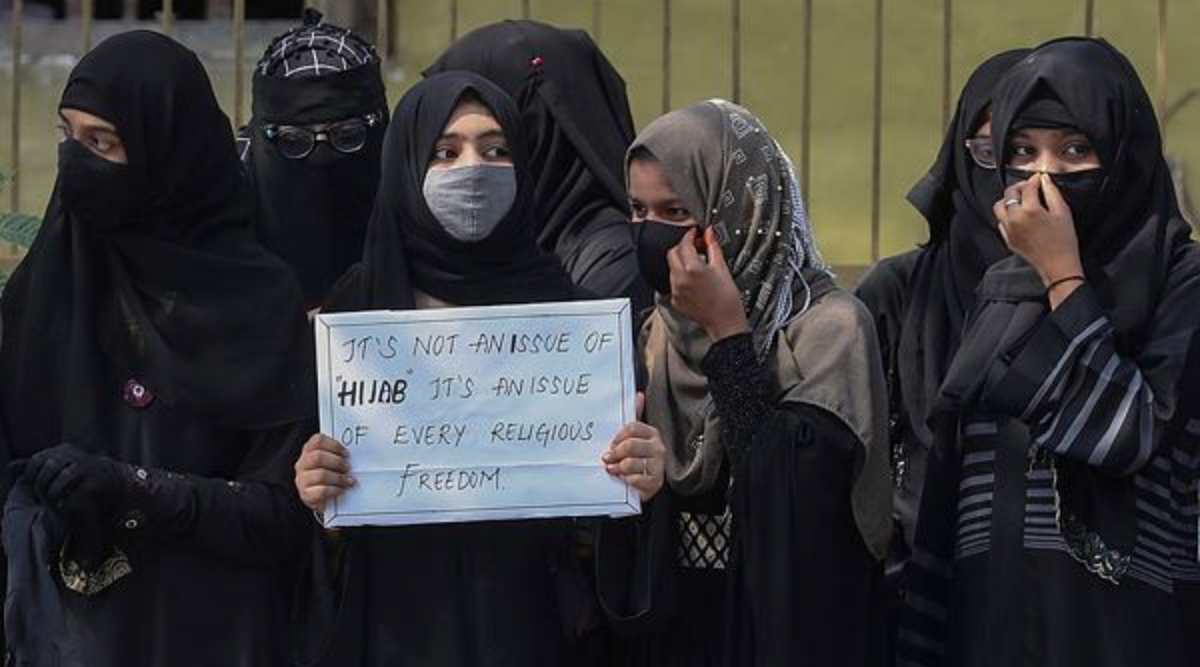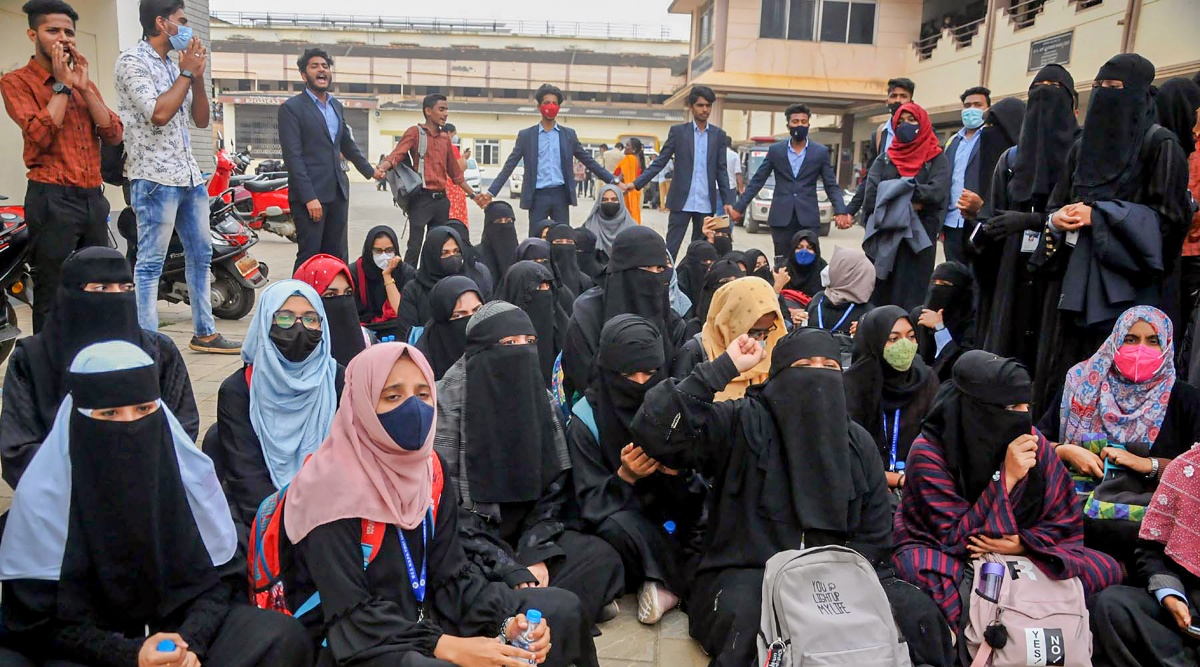One of the eccentricities of the continued hijab ban case is how a secular court has got to decide whether wearing a hijab is remitted by Islam. One cannot fault the Karnataka tribunal to some extent, because it is just following the ‘Essential Religious Practices Test’ laid down by the Supreme Court of India. Courts use this test to see whether a practice is crucial to the faith, so as to determine if such practice is ought to have protection under Article 25 of the constitution, which guarantees the liberty of faith.

While scholars have highlighted the inconsistency of the precedents governing this test moreover because of the inappropriateness for a secular court to interpret religion, shall elaborate on why the courts or maybe the state, lack the competence to work out if a practice is crucial to faith. While determining whether a practice is crucial to religion, courts resort to reviewing the relevant religious scriptures, to spot the ‘canon’ of the religion.

However, the study of spiritual scriptures, which is undertaken using the tools of hermeneutics, is way more complicated than interpreting statutes. Religious beliefs don’t seem to be necessarily static. Different sorts of interpretations develop through phases in history.

A judicial inquiry to spot the essentiality of faith might not capture the intensely held beliefs of adherents, which are products of their own moral reasoning. Such an inquiry fails to grasp that not all types of religious doctrines are given, they’re also lived, experienced and seen in numerous ways. It also fails to take into consideration individual agency in determining one’s own belief.
)
Given the complexity and ambiguity involved in the interpretation of spiritual scripture, the pluralistic traditions within religious communities one can conclude that the judiciary isn’t institutionally competent to interpret scriptures or to interrogate different religious expert opinions to see the substance or the essence of a non-secular belief. If during a case involving the freedom to practice religion, the state is ready to produce objective evidence without involving any scriptural interpretation that the religious claim isn’t sincere, then the courts may consider such evidence to work out if the claim is indeed genuine.
In the absence of objective evidence to the contrary, courts mustn’t doubt the idea of the religious claims made by people who seek remedy for violation of their religious liberty. Article 25(1) of the constitution of India allows the state to limit the liberty of faith on four grounds, namely – public order, morality, health and other fundamental rights enumerated partly III of the constitution.

Therefore, the most question Indian courts must decide when it resolves issues like the restriction on hijabs within the context of Article 25, is whether or not the restriction is created by law, and whether the law falls under any of the aforesaid four grounds. The last item we want to witness in an exceedingly secular democracy is judges donning the robes of priests, substituting the bench for the pulpit and interpreting religious texts.

